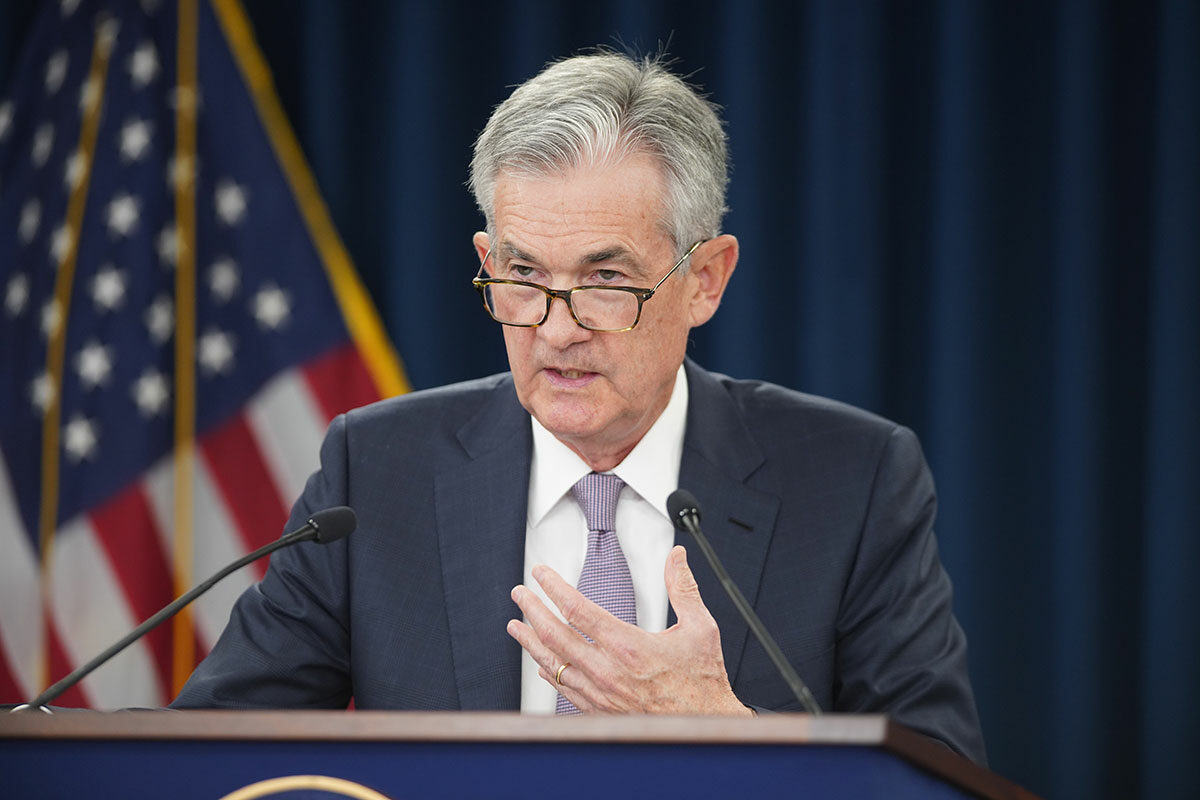
Private entities aren’t needed to build central bank digital currencies, said the head of the U.S. central bank on Wednesday.
Federal Reserve Chairman Jerome Powell, speaking before the House Financial Services Committee, said the idea of a digital dollar – a blockchain-based version of the current world reserve currency – is complex, and one that the Fed takes seriously, but also that the idea needs to be studied further before one can be created and implemented. However, in response to a question from Rep. Tom Emmer (R-Minn.), Powell said he believed private entities did not have a role in designing a digital dollar.
“I do think this is something that the central banks have to design,” he said. “The private sector is not involved in creating the money supply, that’s something the central bank does.”
Emmer was asking specifically about a recommendation from the Digital Dollar Project, which was launched earlier this year by former Commodities Futures Trading Commission Chairman J. Christopher Giancarlo, Chief Innovation Officer Daniel Gorfine and Accenture Director David Treat. The project suggested a digital dollar be issued by the Fed but designed in partnership with the private sector and accessible through a two-tiered banking system similar to the one in place in the U.S. today.
Powell said the general public may not be receptive to the idea of private employees being responsible for the money supply because they’re not accountable to “the public good.”
Still, the idea is apparently being examined. A group of central banks have gotten together to discuss and better understand the concept as well as evaluate the implications on financial inclusion and concerns around cybersecurity, he said.
“If this is something that is going to be good for the United States economy and for the world’s reserve currency, which is the dollar, then we need to be there and we need to understand it first and best,” Powell said. “So we’re working hard on it.”
The chairman also briefly addressed concerns around the Fed’s ability to control a hypothetical digital dollar, saying it’s “a very difficult problem” to find a balance between knowing too much about an individual’s transactions and knowing too little. Powell did not have enough time to fully respond to the question.
Powell did acknowledge the concerns around implementing a tokenized version of the dollar and the implications of waiting too long to otherwise modernize the currency.
“It’s our obligation to understand it well and not wake up one day and realize that the dollar is no longer the world reserve currency because we just missed a technological change,” he said. “So we’re not going to let that happen but at the same time there’s some very serious questions that have to be answered before we would want to implement a central bank digital currency.”
Disclosure
The leader in blockchain news, CoinDesk is a media outlet that strives for the highest journalistic standards and abides by a strict set of editorial policies. CoinDesk is an independent operating subsidiary of Digital Currency Group, which invests in cryptocurrencies and blockchain startups.
Source
